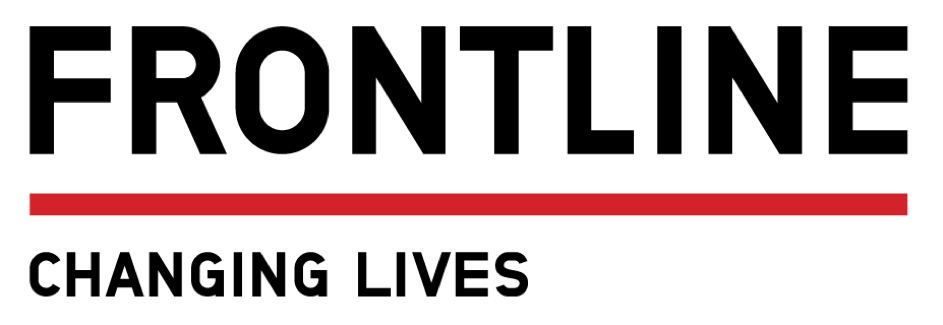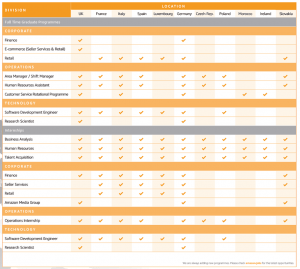Get into Broadcasting – UCL Careers Panel Event
By UCL Careers, on 23 November 2018
(As part of the Media Themed Week)
What is considered ‘broadcasting’?
Film / Radio / Television
What types of careers can I have in broadcasting?
Many of the roles in this industry are freelance or contract-based, with people working on lots of different projects over varying amounts of time. Although often seen as a glamorous sector, the hours are often long and competition for roles are fierce. But many roles offer the chance to be creative, work with people and to use your research skills.
There are many roles, below are just a few of them:
- Director
- Producer
- Film/video editor
- Technical roles such as camera operators, grips and sound crew
- Working with scripts e.g. development producer, script editor, screenwriter, researcher
- Craft roles such as costume, make-up, props and casting
- Broadcast engineer
- Broadcast journalist
- Presenter
- Location manager
- Colourist
However, there are lots of roles that you might also find in other industries such as accountants, commercial lawyers, business strategists and human resources.
What qualifications do I need?
For the majority of roles, you don’t need any specific qualifications – just enthusiasm, passion and drive. However, some more technical roles may need a related degree – such as a broadcast engineer. You may need to start building up a portfolio or a showreel for some of the creative roles.
How do I get a graduate job?
There is no ‘one route’ into this industry, and it entirely depends on the type of role you are looking for. Some people find it useful to start off being a ‘runner’ this can be in production, floor, location or post-production. These roles will allow you to work with the professionals in your area of interest, make connections and build up your skill set. As a lot of roles are done through referrals and recommendations, it is useful to know as many people as possible.
Some broadcasting companies offer internships, schemes and work experience such as:
Why should I come to the panel event on the Wednesday 28th November?
This will be a chance to hear from professionals in the field talking about their experiences and giving advice about getting into this industry. There will also be time to ask questions and to meet them in person afterwards. Panellists include:
- Film director
- Freelance radio and TV presenter
- Correspondent / investigative journalist for BBC Newsnight
- Trainee Script editor for ITV
What is also interesting, none of them studied film, radio, media or TV at university!
 Close
Close











